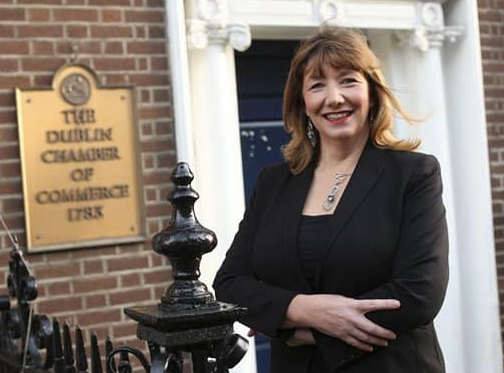The UK’s largest hearing loss charity, Action on Hearing Loss, is urging GPs and other health and social care practitioners in Ythe West Midlands to ensure that the 433,500 local residents who are deaf or have hearing loss receive the right communication support.
The call comes as a review by NHS England published today (date) found that almost a year since the Accessible Information Standard became law, more than half of patients who responded to a survey have not noticed any improvement in getting accessible information or communication support from NHS services.
The Standard, which was put into force on August 1 2016, requires all publicly funded health and adult social care organisations to meet the communication needs of people with a disability, impairment or sensory loss, including the one in six people living with hearing loss and deafness.
The review found that more than two-thirds of patients had not been asked about their information and communication needs by NHS services over the last six months. Almost a third of patients also reported that they do not usually get or have never received the communication support they need from NHS services. Many people with deafness and hearing loss still struggled to contact GP and hospital services when they needed to, and felt that staff did not know how to communicate with them.
The release of the review comes ahead of Care Quality Commission (CQC) plans to incorporateadherence to the Accessible Information Standard into its inspection criteria. This is due to come into effect in October.
Roger Wicks, Director of Policy and Campaigns at Action on Hearing Loss, said: “The Accessible Information Standard was an important milestone – for the first time, health and social care organisations have been required by law to record and meet the communication needs of people with hearing loss. It is clear, however, that more work is needed to ensure it is consistently implemented and enforced.
“People who are deaf or have hearing loss have long been denied the fundamental right to have equal access to the full benefits of our healthcare system and we believe that the Standard, properly implemented, will have a great impact. While we know that some patients have seen improvements, it’s vitally important that all patients with communication needs are experiencing tangible, positive change.”
One patient with hearing loss who responded to the survey said, “I am unable to use the phone and my GP and NHS hospital services are unable to communicate with [me] in any other way, SMS, live chat, email, etc. so booking appointments, getting test results, and getting advice from a GP on the phone is impossible. [It is] the same with the NHS 111 service.”
Another patient, who is deaf and has had a positive experience, said, “In the last six months the service has improved with more communication support at the hospital, they always ask if we need British Sign Language support, and I always say yes.”
The charity worked with NHS England on the development of the Standard to address the fact that prior to its implementation, more than a quarter of patients with hearing loss did not understand their diagnosis after visiting their GP and two in three British Sign Language (BSL) users did not get an interpreter.
















